Sometimes I Read Stuff And I Just Wanna Shake Someone Like "WHY IS NOBODY TALKING ABOUT THIS"

Sometimes I read stuff and I just wanna shake someone like "WHY IS NOBODY TALKING ABOUT THIS"
More Posts from Outofambit and Others
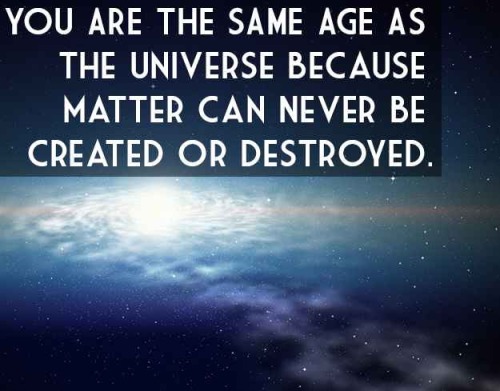
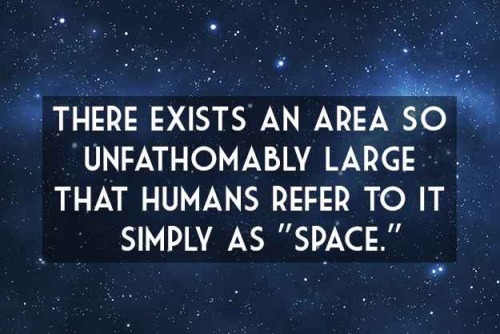
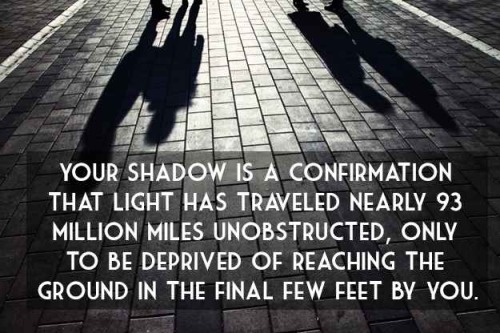
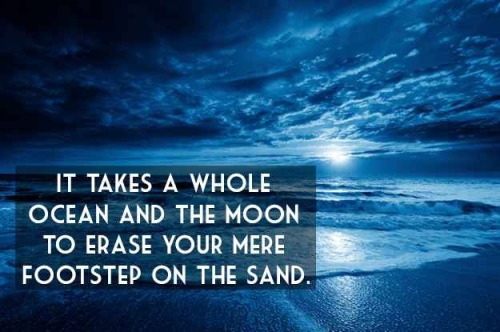

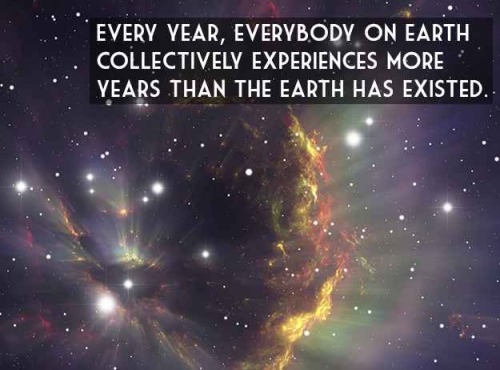
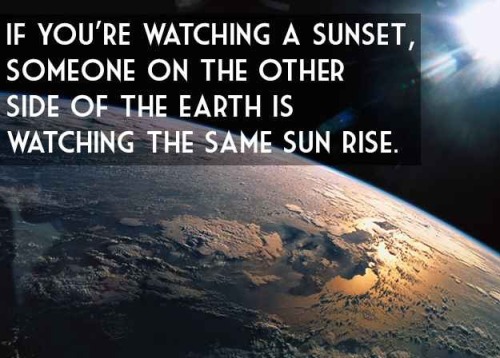
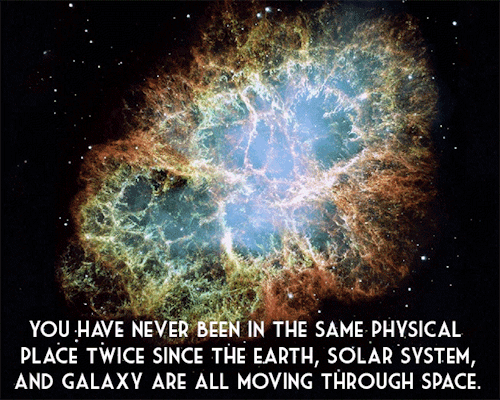
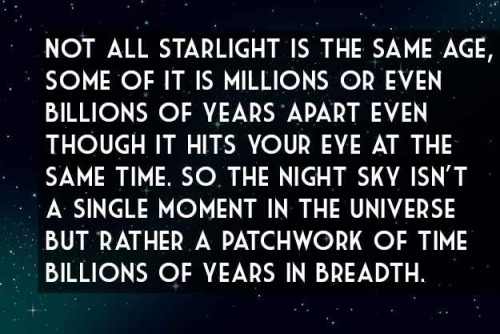
9 things to seriously make you re-consider the entire existence of mankind
Source: buzzfeed.com
I’m upset because I want to change the world but the world is too big and people are too mean





The Chart of Cosmic Exploration Elegantly Details 56 Years of Human Adventures into Space
The fun thing about A Wizard Abroad is that Ronan is all dark and brooding and going through the classic protagonist stuff of finding out you’re a Chosen One with special powers and trying to resist his destiny before finally embracing it and smiting the big bad, except he’s not the protagonist, Nita is, and she’s watching all this as a spectator and at one point throws a mug of beer in his face for being an ass.
A solar eclipse and the Milky Way seen from the ISS
I am practically in tears over how beautiful this image is.
same. i promise i teared up a little….
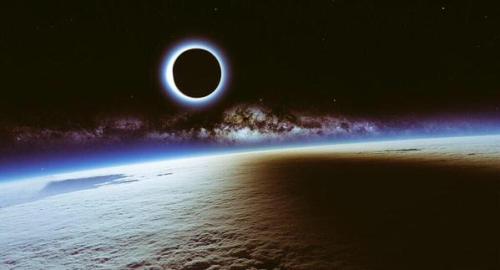
What Have We Learned About Pluto?
This month (March 2016), in the journal Science, New Horizons scientists have authored the first comprehensive set of papers describing results from last summer’s Pluto system flyby. These detailed papers completely transform our view of Pluto and reveal the former “astronomer’s planet” to be a real world with diverse and active geology, exotic surface chemistry, a complex atmosphere, puzzling interaction with the sun and an intriguing system of small moons.
Here’s a breakdown of what we’ve learned about Pluto:

1. Pluto has been geologically active throughout the past 4 billion years. The age-dating of Pluto’s surface through crater counts has revealed that Pluto has been geologically active throughout the past 4 billion years. Further, the surface of Pluto’s informally-named Sputnik Planum, a massive ice plain larger than Texas, is devoid of any detectable craters and estimated to be geologically young – no more than 10 million years old.

2. Pluto’s moon Charon has been discovered to have an ancient surface. As an example, the great expanse of smooth plains on Charon is likely a vast cryovolcanic flow or flows that erupted onto Charon’s surface about 4 billion years ago. These flows are likely related to the freezing of an internal ocean that globally ruptured Charon’s crust.

3. Pluto’s surface has many types of terrain. The distribution of compositional units on Pluto’s surface – from nitrogen-rich, to methane-rich, to water-rich – has been found to be surprisingly complex, creating puzzles for understanding Pluto’s climate and geologic history. The variations in surface composition on Pluto are unprecedented elsewhere in the outer solar system.

4. Pluto’s atmosphere is colder than we thought. Pluto’s upper atmospheric temperature has been found to be much colder (by about 70 degrees Fahrenheit) than had been thought from Earth-based studies, with important implications for its atmospheric escape rate. Why the atmosphere is colder is a mystery.

5. We know what Pluto’s atmosphere is made of. The New Horizon spacecraft made observations of sunlight passing through Pluto’s atmosphere. We see absorption features that indicate an atmosphere made up of nitrogen (like Earth’s) with methane, acetylene and ethylene as minor constituents.

6. We might have an idea for how Pluto’s haze formed. For first time, a plausible mechanism for forming Pluto’s atmospheric haze layers has been found. This mechanism involves the concentration of haze particles by atmospheric buoyancy waves, created by winds blowing over Pluto’s mountainous topography. Pluto’s haze extends hundreds of kilometers into space, and embedded within it are over 20 very thin, but far brighter, layers.

7. There isn’t much dust around Pluto. Before the flyby, there was concern that a small piece of debris (even the size of a grain of sand) could cause great damage to (or even destroy) the spacecraft. But the Venetia Burney Student Dust Counter (an instrument on the New Horizons spacecraft) only counted a single dust particle within five days of the flyby. This is similar to the density of dust particles in free space in the outer solar system – about 6 particles per cubic mile – showing that the region around Pluto is, in fact, not filled with debris.

8. Pluto’s atmosphere is smaller than we expected. The uppermost region of Pluto’s atmosphere is slowly escaping to space. The hotter the upper atmosphere, the more rapid the gasses escape. The lower the planet’s mass, the lower the gravity, and the faster the atmospheric loss. As molecules escape, they are ionized by solar ultraviolet light. Once ionized, the charged molecules are carried away by the solar wind. As more Pluto-genic material is picked up by the solar wind, the more the solar wind is slowed down and deflected around Pluto. So - the net result is a region (the interaction region), which is like a blunt cone pointed toward the sun, where the escaping ionized gasses interact with the solar wind. The cone extends to a distance about 6 Pluto radii from Pluto toward the sun, but extend behind Pluto at least 400 Pluto radii behind Pluto - like a wake behind the dwarf planet.

9. Pluto’s moons are brighter than we thought. The high albedos (reflectiveness) of Pluto’s small satellites (moons) – about 50 to 80 percent – are entirely different from the much lower reflectiveness of the small bodies in the general Kuiper Belt population, which range from about 5 to 20 percent. This difference lends further support to the idea that these moons were not captured from the general Kuiper Belt population, but instead formed by the collection of material produced in the aftermath of the giant collision that created the entire Pluto satellite system.
Make sure to follow us on Tumblr for your regular dose of space: http://nasa.tumblr.com


You know how there's like some mathematician or something, who like did some useful stuff but is primarily known for overshadowing that work by going to great lengths trying to convince people to blow up the moon or something?
I wanna be like that but the hill I'm dying on is that the moon should be considered a planet
the trees you grew up with have not forgotten you. their branches still whisper your name in the breeze and their roots remember the paths your feet once traced through their shade.
Young Wizards is my favorite book series because where else are you going to find a book where a twelve year old, an alien elf prince, a talking tree, and a crystal centipede all get together to do surgery on the sun.
-
 cryptotheism liked this · 3 months ago
cryptotheism liked this · 3 months ago -
 the-lovers-ailment liked this · 4 months ago
the-lovers-ailment liked this · 4 months ago -
 haretic-smith liked this · 7 months ago
haretic-smith liked this · 7 months ago -
 whitetiger94things reblogged this · 8 months ago
whitetiger94things reblogged this · 8 months ago -
 wordlight reblogged this · 8 months ago
wordlight reblogged this · 8 months ago -
 wordlight liked this · 8 months ago
wordlight liked this · 8 months ago -
 skulljack17 liked this · 8 months ago
skulljack17 liked this · 8 months ago -
 p4wsncl4ws reblogged this · 9 months ago
p4wsncl4ws reblogged this · 9 months ago -
 p4wsncl4ws liked this · 9 months ago
p4wsncl4ws liked this · 9 months ago -
 fleur-mistress reblogged this · 11 months ago
fleur-mistress reblogged this · 11 months ago -
 thelightsabovearbies liked this · 1 year ago
thelightsabovearbies liked this · 1 year ago -
 seramarias reblogged this · 1 year ago
seramarias reblogged this · 1 year ago -
 starthistlemoon reblogged this · 1 year ago
starthistlemoon reblogged this · 1 year ago -
 dandelionmoss liked this · 1 year ago
dandelionmoss liked this · 1 year ago -
 extremelybears liked this · 1 year ago
extremelybears liked this · 1 year ago -
 measuringspoon2 liked this · 1 year ago
measuringspoon2 liked this · 1 year ago -
 deepphilosopherdreamer liked this · 1 year ago
deepphilosopherdreamer liked this · 1 year ago -
 tolziplohu reblogged this · 1 year ago
tolziplohu reblogged this · 1 year ago -
 floorley reblogged this · 1 year ago
floorley reblogged this · 1 year ago -
 pragmaticerors reblogged this · 1 year ago
pragmaticerors reblogged this · 1 year ago -
 mauvesockss reblogged this · 1 year ago
mauvesockss reblogged this · 1 year ago -
 fulcrumstoried reblogged this · 1 year ago
fulcrumstoried reblogged this · 1 year ago -
 fulcrumstoried liked this · 1 year ago
fulcrumstoried liked this · 1 year ago -
 studythings reblogged this · 1 year ago
studythings reblogged this · 1 year ago -
 letroverture liked this · 1 year ago
letroverture liked this · 1 year ago -
 bunkettle liked this · 1 year ago
bunkettle liked this · 1 year ago -
 point-fivepastlightspeed liked this · 1 year ago
point-fivepastlightspeed liked this · 1 year ago -
 aurpiment reblogged this · 1 year ago
aurpiment reblogged this · 1 year ago -
 finalgirl-nihilbliss reblogged this · 1 year ago
finalgirl-nihilbliss reblogged this · 1 year ago -
 most-definitively-a-human reblogged this · 1 year ago
most-definitively-a-human reblogged this · 1 year ago -
 most-definitively-a-human liked this · 1 year ago
most-definitively-a-human liked this · 1 year ago -
 tebbytime reblogged this · 1 year ago
tebbytime reblogged this · 1 year ago -
 the-communist-owl liked this · 1 year ago
the-communist-owl liked this · 1 year ago -
 sunflower-with-teeth liked this · 1 year ago
sunflower-with-teeth liked this · 1 year ago -
 eikkirune reblogged this · 1 year ago
eikkirune reblogged this · 1 year ago -
 eikkirune liked this · 1 year ago
eikkirune liked this · 1 year ago -
 stokerbramwell reblogged this · 1 year ago
stokerbramwell reblogged this · 1 year ago -
 chosenofyffre reblogged this · 1 year ago
chosenofyffre reblogged this · 1 year ago -
 skoomapipe reblogged this · 1 year ago
skoomapipe reblogged this · 1 year ago -
 animatedamerican liked this · 1 year ago
animatedamerican liked this · 1 year ago -
 chosenofyffre liked this · 1 year ago
chosenofyffre liked this · 1 year ago -
 esendoran reblogged this · 1 year ago
esendoran reblogged this · 1 year ago -
 atomicpastel liked this · 1 year ago
atomicpastel liked this · 1 year ago -
 alyphhelix liked this · 1 year ago
alyphhelix liked this · 1 year ago -
 gentlygolden liked this · 1 year ago
gentlygolden liked this · 1 year ago -
 deadbladecharger liked this · 1 year ago
deadbladecharger liked this · 1 year ago -
 juno-r1 liked this · 1 year ago
juno-r1 liked this · 1 year ago
A personal temporospatial claudication for Young Wizards fandom-related posts and general space nonsense.
288 posts